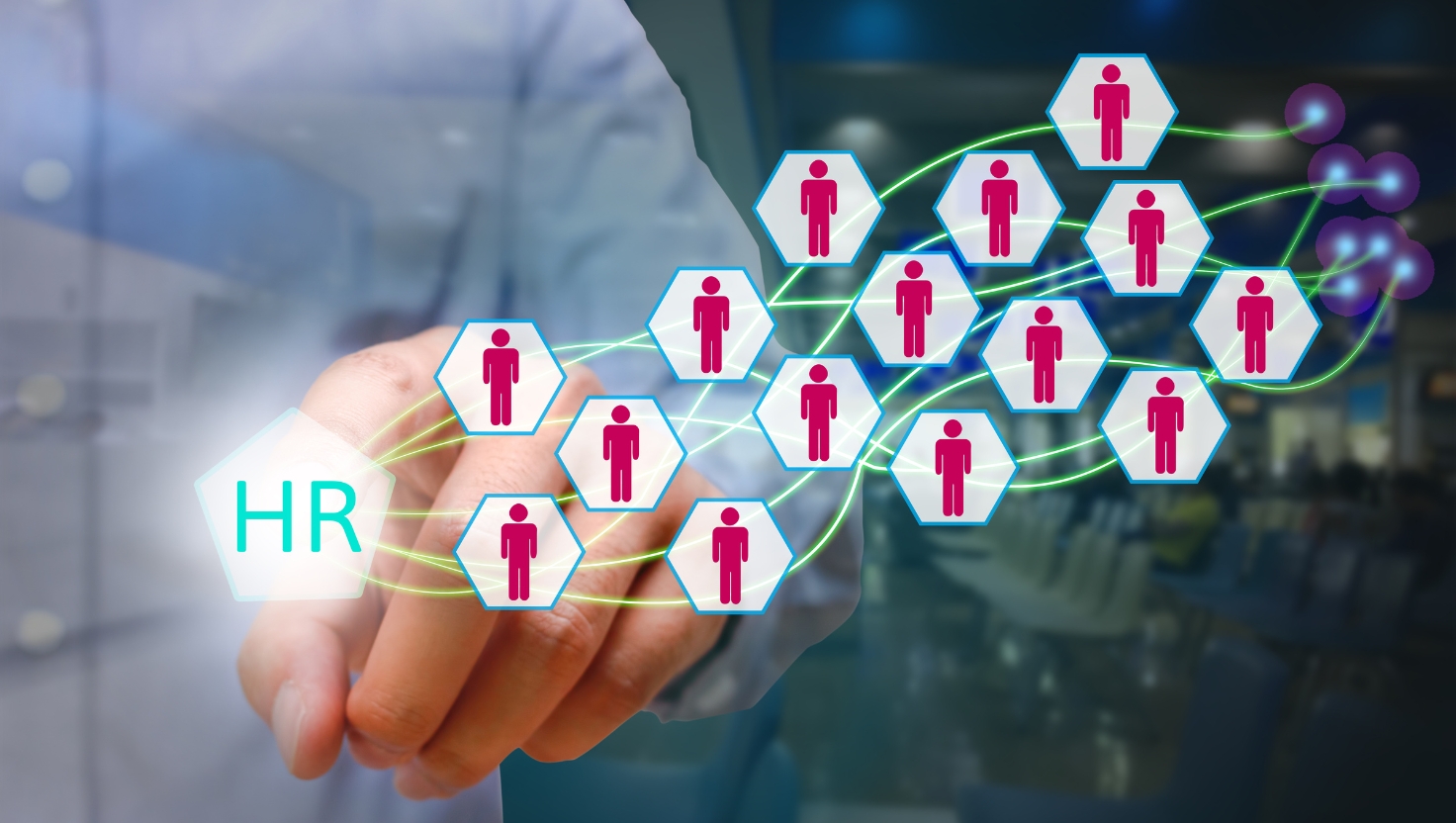The Human Resources (HR) landscape has undergone a revolutionary transformation in recent years, driven largely by Artificial Intelligence (AI) and automation technologies. No longer confined to paperwork, manual recruiting, and repetitive administrative tasks, modern HR departments are now leveraging cutting-edge tools to streamline operations, enhance productivity, and deliver better employee experiences.
In this comprehensive article, we’ll explore how AI and automation are redefining HR processes, the benefits and challenges they bring, and what the future holds for HR professionals in this tech-driven era.
1. Understanding AI and Automation in HR
Before diving deep into their applications, let’s clarify what we mean by AI and automation in the context of HR.
Artificial Intelligence (AI) refers to the simulation of human intelligence processes by machines, especially computer systems. In HR, this includes machine learning, natural language processing, predictive analytics, and chatbots.
Automation refers to the use of technology to perform tasks with minimal human intervention. This includes automated workflows, data processing, onboarding processes, and more.
Together, these technologies optimize routine tasks, reduce errors, and allow HR teams to focus on strategic decision-making.
2. AI in Recruitment and Talent Acquisition
One of the most transformative impacts of AI in HR is seen in recruitment.
Resume Screening: AI-powered software can scan thousands of resumes in minutes, filtering out the most qualified candidates based on keywords, experience, and skills.
Candidate Matching: Machine learning algorithms match candidates to job roles based on past hiring success and role-specific requirements.
Predictive Analytics: AI tools predict which candidates are more likely to accept offers, stay longer, or perform better in the role.
Chatbots for Engagement: AI chatbots answer candidate queries, schedule interviews, and keep applicants engaged throughout the hiring process.
This reduces time-to-hire, improves quality of hire, and enhances candidate experience.
3. Automated Onboarding for a Smooth Start
First impressions matter. Automated onboarding systems help new hires integrate faster and more effectively.
Pre-boarding tasks like document submission and welcome emails are automated.
Interactive onboarding platforms guide employees through orientation, training modules, and compliance paperwork.
Managers receive real-time progress reports, ensuring that no step is missed.
The result is a seamless, engaging onboarding experience that boosts retention from day one.
4. Performance Management with AI Insights
AI-driven tools are now central to performance management systems.
Continuous Feedback: Instead of annual reviews, AI enables ongoing performance tracking and instant feedback.
Sentiment Analysis: AI analyzes employee communications to detect satisfaction or dissatisfaction trends.
Objective Setting: Smart systems help align personal goals with company objectives through data-driven suggestions.
Bias Detection: AI tools help HR leaders identify and reduce unconscious bias in performance evaluations.
This leads to fairer assessments, motivated teams, and improved productivity.
5. Employee Engagement and Retention
Keeping employees engaged is a top priority, and AI is playing a vital role here too.
Pulse Surveys: Automated surveys collect employee feedback regularly and AI analyzes trends.
Predictive Retention: AI identifies signs of disengagement and turnover risks before they become problems.
Personalized Learning Paths: Based on employee data, AI recommends training and development opportunities tailored to individual goals.
With real-time insights, HR can proactively address issues and retain top talent.
6. Payroll, Benefits, and Compliance Made Easy
HR professionals often deal with complex, time-consuming tasks like payroll processing and benefits management.
Automated Payroll: Modern software handles calculations, tax deductions, and payment processing with accuracy and speed.
Benefits Administration: Employees can access self-service portals to choose plans, check eligibility, and update information.
Compliance Tracking: Automation ensures that HR is always up to date with local labor laws and tax regulations.
This reduces the risk of errors, saves time, and ensures legal compliance across the board.
7. Learning and Development Powered by AI
Employee development is critical in today’s fast-paced business environment.
Intelligent Learning Platforms: AI curates personalized training programs based on job roles, learning preferences, and skill gaps.
Gamification and Microlearning: Interactive modules keep learners engaged and motivated.
Progress Tracking: Automated systems monitor development and suggest next steps.
Organizations that invest in AI-driven learning solutions see a more skilled, adaptable workforce.
8. Diversity, Equity, and Inclusion (DEI) with AI
AI can be a powerful tool in supporting DEI initiatives when used responsibly.
Bias-Free Hiring: AI tools anonymize resumes and use unbiased algorithms for screening.
Equity Audits: Data analysis highlights wage gaps and representation imbalances.
Inclusive Language Tools: AI can help identify and suggest inclusive language in job descriptions and internal communications.
When thoughtfully implemented, these tools promote a fairer, more inclusive workplace.
9. Challenges and Ethical Concerns of AI in HR
Despite its advantages, AI and automation in HR come with ethical and practical challenges.
Data Privacy: Handling sensitive employee data requires strict data protection policies.
Bias in Algorithms: If not properly trained, AI can reflect the same biases it’s meant to eliminate.
Loss of Human Touch: Over-automation may reduce empathy and personalization in HR interactions.
Dependence on Technology: Over-reliance can be risky if systems fail or malfunction.
HR teams must strike a balance between technology and human empathy, ensuring transparency, fairness, and accountability.
10. The Future of AI and Automation in HR
Looking ahead, the role of AI in HR is set to grow even more influential.
AI-powered career pathing will help employees visualize and plan their future within an organization.
Voice and facial recognition may assist in interviews and security processes.
Virtual reality (VR) and augmented reality (AR) may redefine training and collaboration.
Hyper-personalized experiences will become the norm, from benefits to performance rewards.
As AI continues to evolve, HR professionals must become tech-savvy strategists who can harness these tools to drive people-centric innovation.
Conclusion
The integration of AI and automation in HR is not just a trend—it’s a transformation. From recruitment and onboarding to employee engagement and performance management, these technologies are reshaping how HR operates.
By embracing intelligent tools, organizations can achieve greater efficiency, fairness, and agility. However, it’s crucial to proceed thoughtfully, with ethical considerations and human oversight at the forefront.
In this new era, the most successful HR teams will be those that combine data-driven insights with compassionate leadership, creating workplaces where both technology and people thrive.




